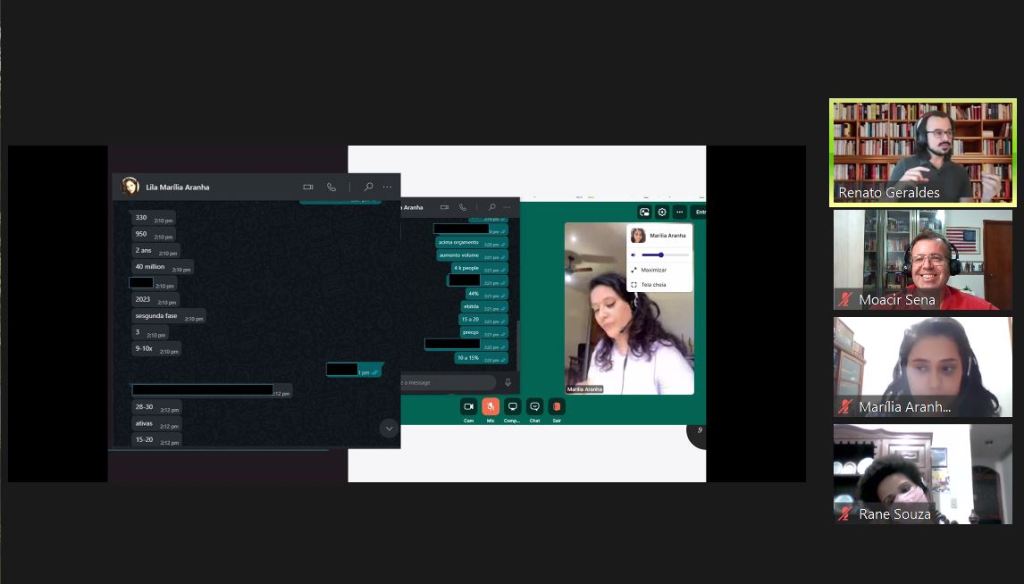IS REMOTE LEARNING EASIER?
Back in 2021 I went back to school – online, of course. I needed to brush up my conference interpreting skills in this brave new world (no pun intended) of remote simultaneous interpreting (RSI – as it is professionally abbreviated by those in the know).
I know that Zoom and other video conferencing services have implemented an add-on feature that allows for simultaneous interpreting, but now I’ve discovered that there are whole sets of platforms operating along with them, like Kudo, for example. In other words, the challenge to the interpreter has risen from just knowing the vocabulary and terminology and having mind agility to listen to speech in one language and blurt out the translation in a second or third language (yes, sometimes you have to interpret on the interpretation of another professional – for instance – the speaker is presenting in Mandarin Chinese, an interpreter converts it to English, and I turn it into Portuguese. or Spanish) to becoming an IT and Sound engineer – more than doubling our checklist before even uttering the first sound.

I’ll write later about interpreting – now the focus is on remote interpreting and remote teaching as well.
Again the very respected interpreting and translation institution, Alumni, like many other educational organizations, just transferred their onsite sessions to the online environment – same teachers, same methods, same length of sessions, same coffee breaks. Any changes necessary?
The flipped classroom format is ubiquitous – the school will send you an email with your assignments and agenda for the forthcoming class and woe is you if you don’t go over them carefully. Fine.
But they take some things for granted. In yesterday’s session, our very good trainer said – “Ok – during the interpreting practice remember to record your voices”.
Ok. Questions in my mind: “Did he tell us which app to use? how should we proceed?” It’s not intuitive.
I asked a boothmate and she told me she was using the Windows recorder. Ah ok.
Instructor: “After today’s session send me your recorded audio”.
My brain: “how? email? WhatsApp? a web platform? I don’t have his number or email address. Did I miss his instructions again?”
These are just simple examples for us teachers. We can’t just assume our students know what to do on their own (you know the old saying, right? “When you assume you make an ass of you and me”). Whatever happened to show and tell? Show me how you do it and then tell me to do it.
Finally, Remote Simultaneous Interpreting is growing by leaps and bounds but also leading to new challenges – such as fees and rates competition – My work in Brazil is cheaper than someone’s in Belgium or Canada. On the other hand, an interpreter in India or the Philippines for example, will charge less than a third of my fees. Before the pandemic we used to get jobs by referral from clients and colleagues who already knew our work – now you have to offer your services on a platform with thousands of other translators/interpreters where the main defining point is price. It’s still to be seen how our career will perform in this brave new world.

